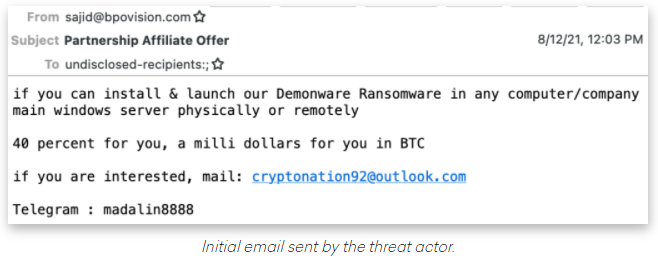The GREEN12 is a cardioid directional, small diaphragm electret condenser microphone that is a great choice for users that are looking for a slim profile, high-quality microphone which is perfect for most professional, semi-professional, and home-recording applications.
Its cardioid capsule and machined vents allow for high off-axis rejection and a focused recording, great for stringed acoustic instruments.
The GREEN12 is handmade from an actual discharged 12Ga shell. more
---
The first Asian giant hornet nest of 2021 was found Thursday morning,
Aug. 19, in a rural area east of Blaine, about one-quarter mile from
where a resident reported a sighting of a live Asian giant hornet on
Wednesday, Aug. 11.
The state agriculture staff netted, tagged
with a tracker and released three of hornets Aug. 11, to Tuesday, Aug.
17, according to a news release from the Washington State Department of
Agriculture. One of the so-called “murder hornets” slipped out of the
tracking device, another hornet was never located and one eventually led
the team to the nest. more
Read more here: https://www.bellinghamherald.com/news/local/article253621598.html#storylink=cp















